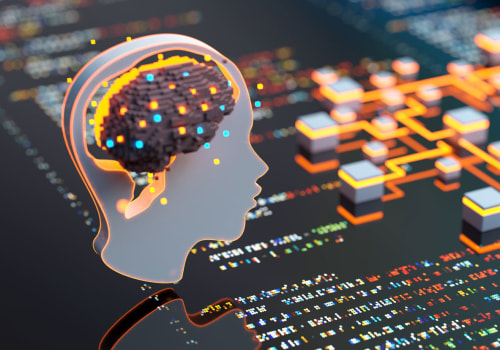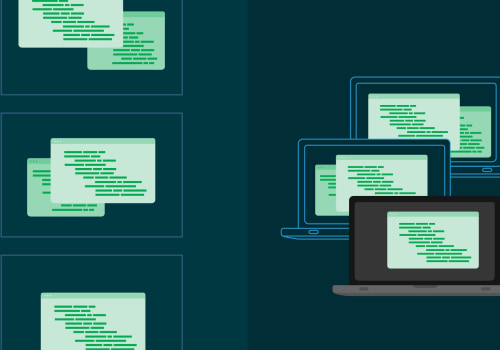Deep learning is a cutting-edge AI architecture that has revolutionized the way we think about artificial intelligence. It is comprised of a variety of algorithms, such as convolutional neural networks, recurrent neural networks, long-term and short-term memory networks, generative networks, and deep belief networks. Additionally, the built-in algorithm for linear students is used for logistic regression, binary classification, and multiclass classification. AI Platform Training uses an estimator-based implementation of TensorFlow.
The comprehensive and deep integrated algorithm is used for large scale classification and regression problems, such as recommendation systems, search and classification problems. This type of deep learning can be used to gain a better understanding of broad and deep learning. To make use of these algorithms, Platform as a Service (PaaS) offerings provide the hardware needed for deep learning workloads, as well as software services to manage deep learning pipelines from data ingestion to production deployment and real-world inference. Amazon Web Services (AWS) offers a fully managed machine learning service called SageMaker, and AWS Deep Learning AMI (DLAMI), which is a custom EC2 machine image.
Additionally, AWS provides deep learning containers. NVIDIA's open source Triton inference server offers backend support for most machine learning (ML) frameworks, as well as a custom C++ and Python backend. To use these algorithms in practice, one must select machine images that come pre-installed with a deep learning infrastructure and run them in an infrastructure as a service (IaaS) model, such as Amazon EC2 instances or Google Compute Engine virtual machines. With the right setup, businesses can leverage the power of AI to gain insights from their data and make informed decisions.
Deep learning algorithms are becoming increasingly popular due to their ability to process large amounts of data quickly and accurately. These algorithms are used in many different applications, from natural language processing to image recognition. AI as a Service (AaaS) providers offer access to these powerful algorithms through their cloud platforms. AaaS providers offer a variety of deep learning algorithms that can be used for various tasks.
These include convolutional neural networks (CNNs), recurrent neural networks (RNNs), long-term and short-term memory networks (LSTMs), generative networks, and deep belief networks (DBNs). Additionally, linear students can be used for logistic regression, binary classification, and multiclass classification. AI Platform Training from Google Cloud provides an estimator-based implementation of TensorFlow that can be used to train models on large datasets. Amazon Web Services (AWS) offers SageMaker, which is a fully managed machine learning service, as well as AWS Deep Learning AMI (DLAMI), which is a custom EC2 machine image.
NVIDIA's open source Triton inference server provides backend support for most ML frameworks, as well as custom C++ and Python backends. To use these algorithms in practice, businesses must select machine images that come pre-installed with a deep learning infrastructure and run them in an infrastructure as a service (IaaS) model such as Amazon EC2 instances or Google Compute Engine virtual machines. With the right setup, businesses can leverage the power of AI to gain insights from their data and make informed decisions.











